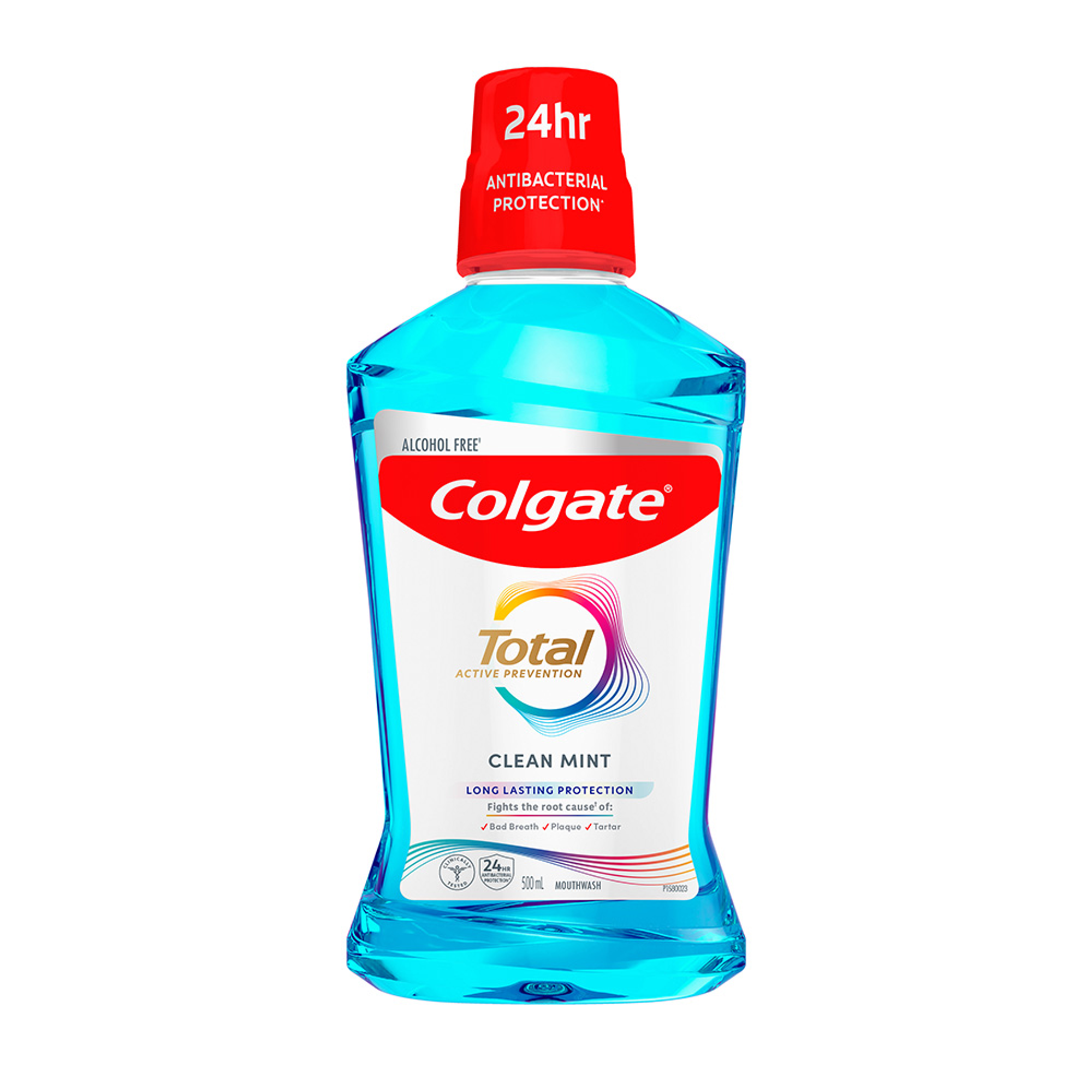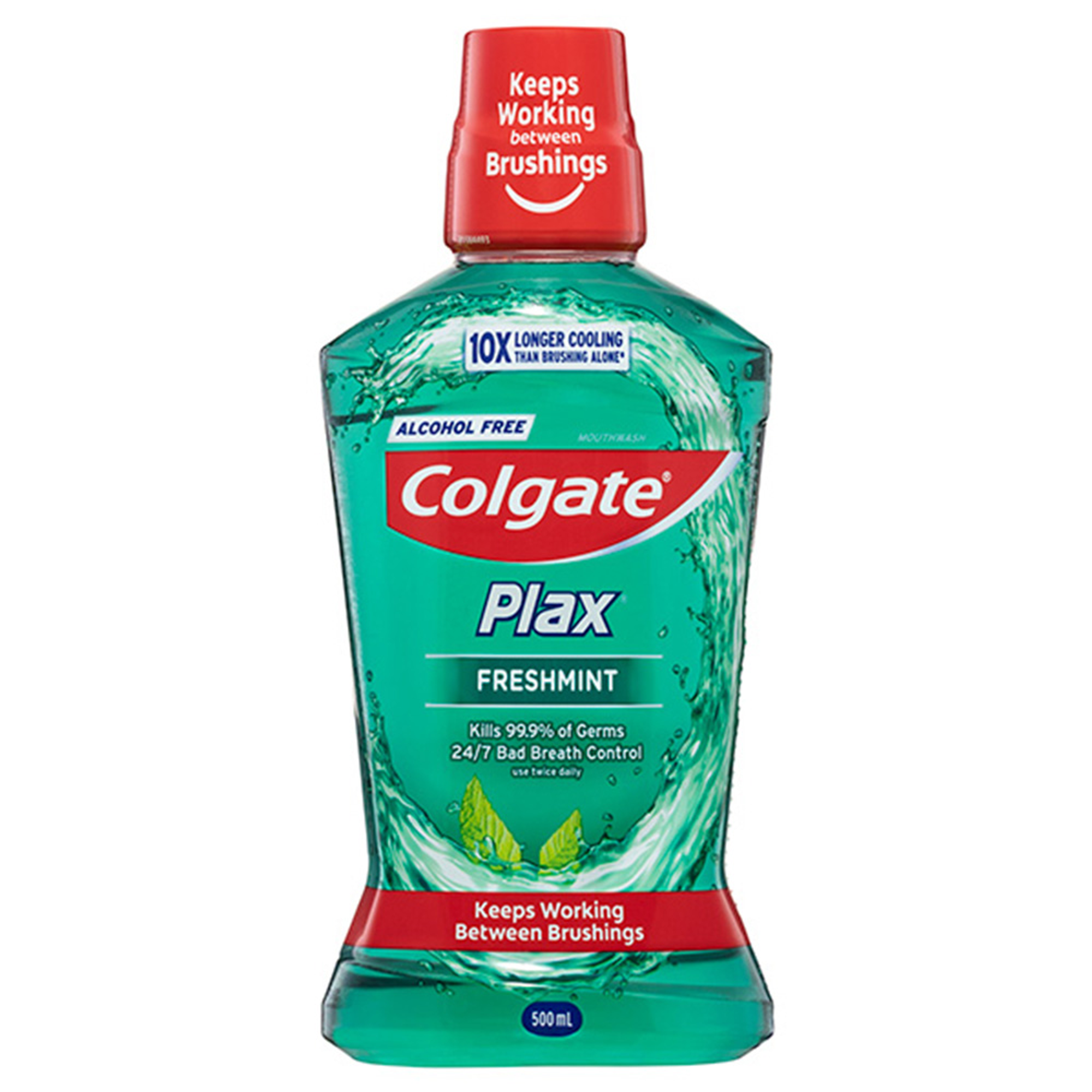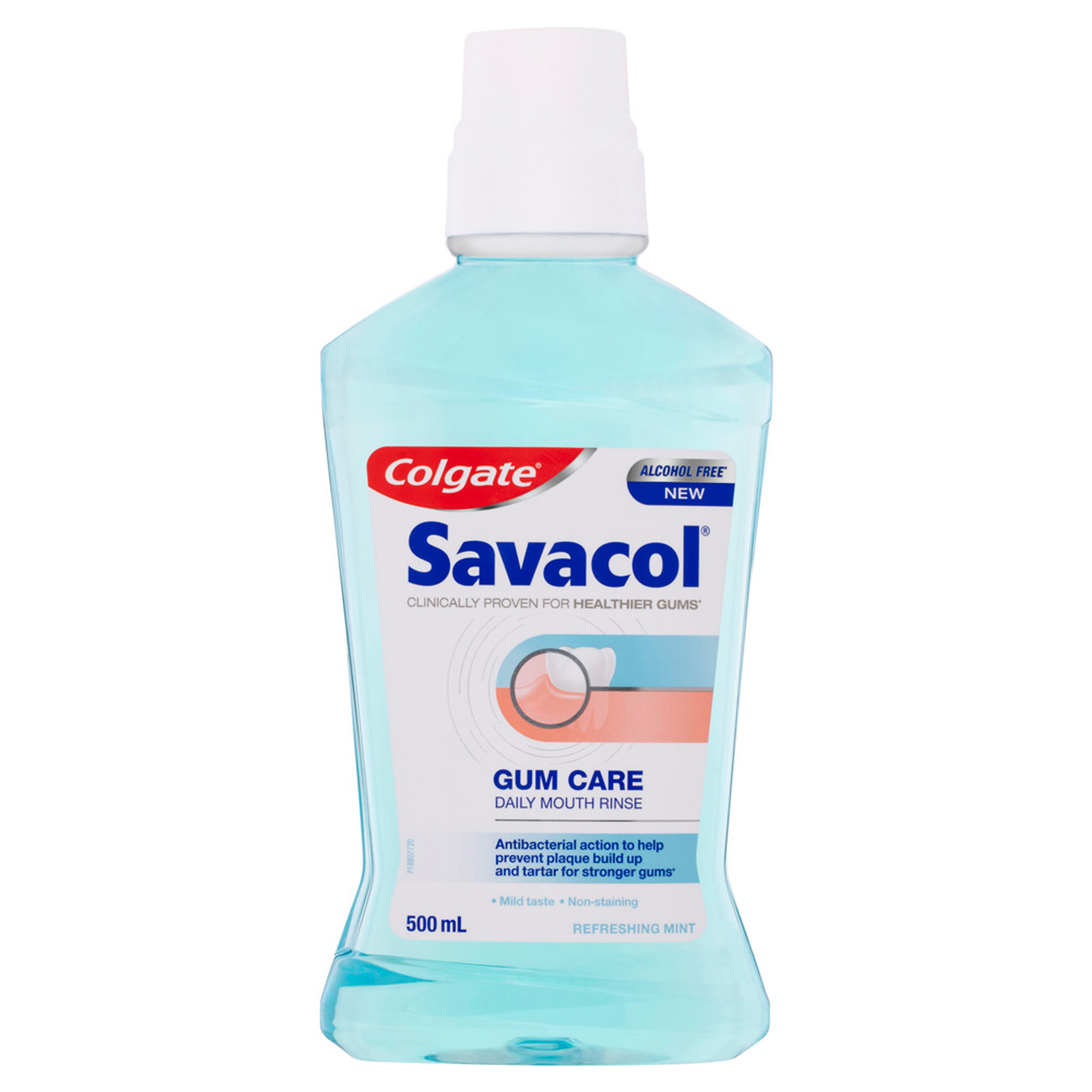
As dental professionals, we undoubtedly experience many challenges and stresses in our careers from treating patients who are anxious about dentistry but also providing treatment to patients whilst they are conscious. Without proper care and management of these stresses and challenges, it can be easy for dentists to feel overwhelmed and eventually burnout. In this article you will understand what burnout is and how you can utilise self care habits to prevent it from happening in your career.
What is burnout?
Burnout is a recognised condition in the World Health Organisation’s International Classification of Diseases (ICD-11), which is described as a syndrome resulting from chronic workplace stress not successfully managed. It is also characterised by (i) feelings of energy depletion and exhaustion, (ii) increased mental distance from one’s job, or feelings of negativism or cynicism related to one’s job, and (iii) reduced professional efficacy.1
Some of the specific factors within dentistry that can lead to burnout include a higher degree of perfectionist tendencies within dentists, a more siloed work environment where dentists bear sole responsibility of the patient’s health in the dental chair and more recently, a greater pressure on more recent graduate dentists to be able to do more complex dentistry earlier on in their careers thanks to social media.
Given burnout happens over time by the compounding of different pressures in the workplace, one great way to understand how burnout eventuates is to understand the Stress Curve. Adapted from the Yerkes-Dodson Law of the relationship between pressure and performance, this refreshed Stress Curve segments the graph by coloured zones like a traffic-light system, whereby green is good, amber is caution and red bad. Low demands or pressures in our careers can lead to boredom (boreout) however as these demands and pressure increase, our motivation increases with increased performance. At the height of this curve, this is where you are optimally performing as the pressure load is still manageable and you are feeling fulfilled by the challenges. Unfortunately if pressure continues to increase beyond this point, this is where demands can get too much where we can no longer cope and experience exhaustion, anxiety and overwhelm. This is where performance begins to decline and can lead to burnout. Importantly, the Zone of Delusion is where we falsely believe our performance will improve if we keep working harder, however the reality is performance declines beyond what we can cope with.2

What is self care?
One important way to prevent burnout from occuring in our dental careers is to incorporate self-care habits in our daily routines. Self-care is any activity we actively choose to do to take care of our physical, mental and emotional wellbeing. No matter the circumstances in our lives and careers, self-care habits helps us manage stress better and allows us to perform better. When we ensure we have taken care of ourselves first, this allows us to better offer care to our patients.
Below are some tips to incorporate self-care into your life and career:
Choose Progress over perfection - aim to be a little bit better today than you were yesterday. This helps you overcome perfectionist tendencies that can lead to burnout.
Trade expectation for appreciation - practising gratitude what blessings we already have in our life allows us to stay grounded in our growth journey whereas expectation when unmet can lead to disappointment and stress.
Practise good sleep hygiene by getting enough sleep each night to give the body and brain the time it needs to recover.
Eat well and eat healthy - nourish your body with healthy food and keep hydrated so the body is able to perform optimally.
Exercise regularly - whilst busy dental careers sometimes preclude us from this habit, setting aside just 30 minutes compounded over a day to workout or simply move your body helps to get vital oxygen to all cells to perform at its best.
Maintain quality connections with people around you as the stresses of dentistry can sometimes make us feel isolated and lonely. Connecting to people and the broader community outside of our dental practices reminds us we are more than just dentists and human beings first.
Burn-out an “occupational phenomenon”: International Classification of Diseases. World Health Organisation. Accessed April 27, 2023. https://www.who.int/news/item/28-05-2019-burn-out-an-occupational-phenomenon-international-classification-of-diseases
Martin I. Stress and the pressure performance curve. Delphis. Accessed April 27, 2023. https://delphis.org.uk/peak-performance/stress-and-the-pressure-performance-curve/
Dr Kaejenn Tchia is a recent graduate working in a corporate private practice in Darwin, Northern Territory. He is the current Treasurer of the Australian Dental Association NT Branch Inc. In 2020, he was an inaugural member of the Bupa Dental Corporation Clinical Advisory Panel, helping guide strategic direction and providing input towards clinician development within the network of practices. He is passionate about helping and collaborating with fellow dental colleagues, recently embarking on a new journey to help recent graduates eliminate burnout through a 6-step B.E.L.I.E.F System through his motivational coaching platform, The Limitless Dentist. Kaejenn is a member of the Colgate Advocates for Oral Health Editorial Community and hopes to use this platform to raise awareness of the importance of mental health in dentistry and provide mindset tools, which can help his colleagues unlock their next level of growth and success.
Join us
Get resources, products and helpful information to give your patients a healthier future.
Join us
Get resources, products and helpful information to give your patients a healthier future.











